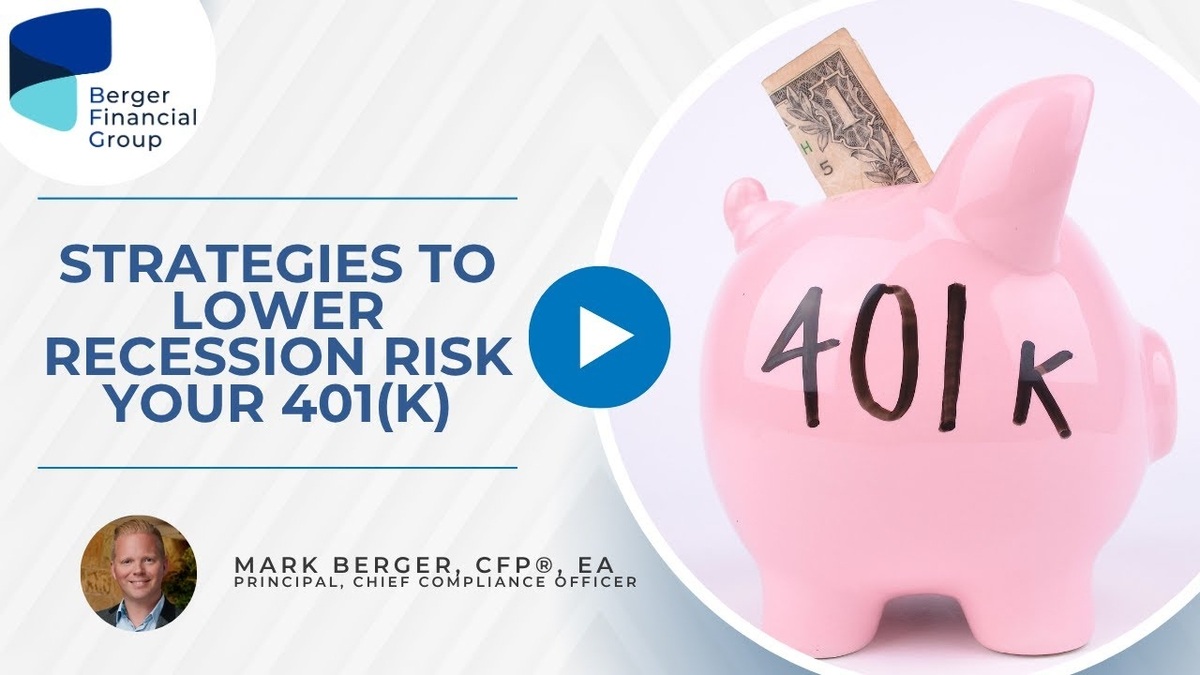Many retirees are caught off guard by unexpected expenses that can disrupt their carefully planned finances. One such expense is the Income-Related Monthly Adjustment Amount (IRMAA). While it might seem like a complex term, understanding IRMAA is crucial for effectively managing your retirement income and avoiding unforeseen costs.
What Is IRMAA?
IRMAA, or Income-Related Monthly Adjustment Amount, is an additional charge added to your Medicare Part B and Part D premiums based on your income. This adjustment is designed to ensure that higher-income beneficiaries contribute more towards the cost of Medicare. The amount you pay is determined by your modified adjusted gross income (MAGI) from two years prior. For instance, your 2024 IRMAA will be based on your 2022 tax return.
Why Does IRMAA Exist?
The primary goal of IRMAA is to help maintain the financial stability of Medicare by having those with higher incomes pay more for their coverage. This ensures that Medicare remains sustainable and can continue to provide necessary health services to all its beneficiaries. The extra charges collected through IRMAA help to offset the costs incurred by the program, balancing the financial load more equitably.
How IRMAA Affects Your Medicare Premiums
For most retirees, Medicare premiums are deducted directly from their Social Security benefits. The amount of these premiums depends on your income, with higher earners paying more. As of 2024, the standard monthly premium for Medicare Part B starts at $175 for individuals. However, with IRMAA adjustments, this can increase to as much as $594 per month, making it a significant expense for those in higher income brackets.
The Importance of Tax Planning
One of the most critical aspects of managing IRMAA is tax planning. Since IRMAA is based on your income from two years prior, careful planning can help you avoid unexpectedly high premiums. Even a slight increase in income, sometimes just one extra dollar, can push you into a higher IRMAA bracket, resulting in hundreds of dollars in additional premiums.
Example of IRMAA Impact
Consider a single individual with a 2022 income of $95,000. Without proper planning, an additional $1,000 could increase their 2024 Medicare premiums significantly due to IRMAA adjustments. This underscores the importance of managing your income levels carefully in retirement.
How to Plan for IRMAA
To minimize the impact of IRMAA, it is essential to work with a financial advisor who can help you plan your income and taxes strategically. Here are some tips to consider:
1. Monitor Your Income Levels
Keep track of your annual income and be aware of the IRMAA thresholds. Staying just below these thresholds can save you a considerable amount on your Medicare premiums.
2. Utilize Tax-Advantaged Accounts
Consider using Roth IRAs or Health Savings Accounts (HSAs), which can provide tax-free withdrawals, thus reducing your taxable income.
3. Plan Distributions Carefully
If you have traditional retirement accounts, plan your distributions in a way that keeps your income below the IRMAA thresholds.
4. Charitable Contributions
Making qualified charitable distributions (QCDs) from your IRA can reduce your taxable income, helping to keep you within a lower IRMAA bracket.
Adjusting to IRMAA Changes
Life changes such as retirement, divorce, or loss of income can affect your IRMAA. If you experience a significant life-changing event, you can appeal your IRMAA determination with the Social Security Administration. Providing evidence of your changed circumstances can lead to an adjustment in your premiums, potentially lowering your IRMAA charges.
Conclusion

Understanding and planning for IRMAA is crucial for managing your retirement finances effectively. By being proactive and working with your financial advisor, you can ensure that you are not paying more than necessary for your Medicare premiums. Staying informed about how IRMAA works and how it impacts your income can help you make better financial decisions and enjoy a more secure retirement. For personalized advice and planning, contact Berger Financial Group today.






